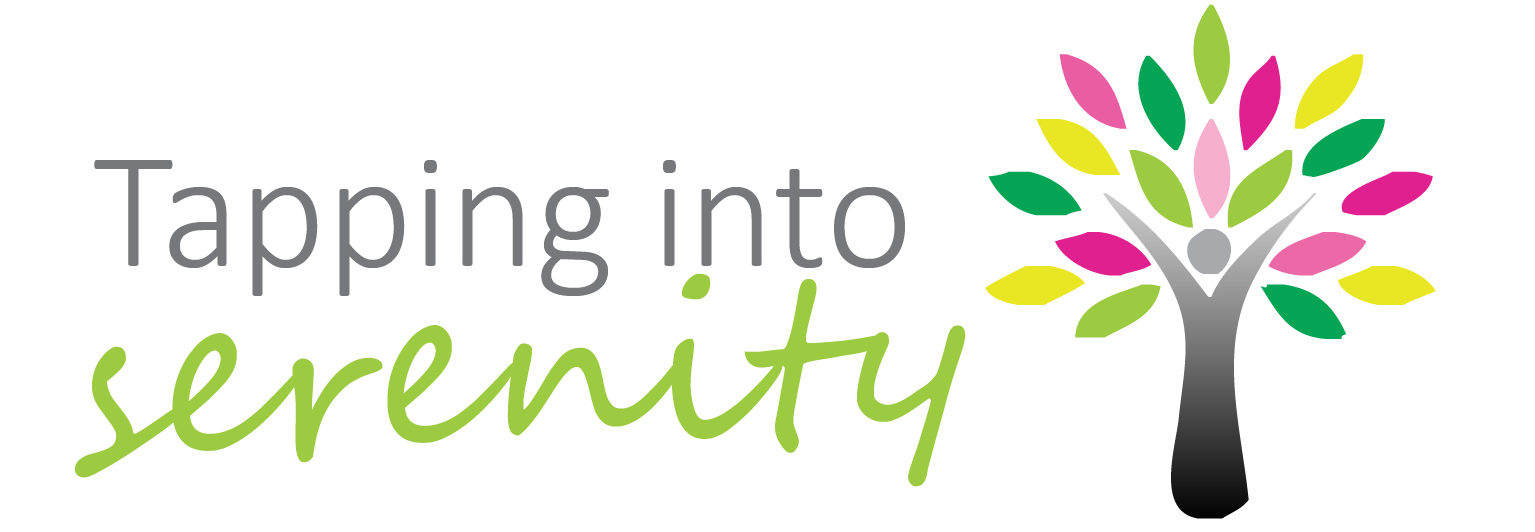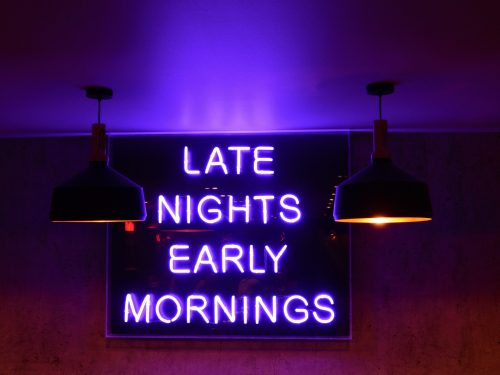These days stress levels in many workplaces seem to be sky high. Many women seem to be under increasing demands to do more in less time, and are likely heading for burnout as they are being burdened with higher workloads (that actually need more than 100% of one person working full-time). However, employees can often feel that if they speak up about this as unfair treatment, they’ll be seen by management and colleagues as “less committed”. Often my clients come to me saying they are simply expected to pick up the work of colleagues who leave and do not get replaced – it’s rare that taking on this extra work is requested explicitly; it’s becoming an expectation. Particularly of females it seems. And of course, the challenges of COVID19 just add to the stress.
Burnout is more than stress
Stress is defined by New Zealand’s employment legislation as an entirely detrimental phenomenon: ‘the awareness of not being able to cope with the demands of one’s environment, and when this realisation is of concern to the person; in that both are associated with a negative emotional response’. Right now you may be “just stressed”, you may feel really fatigued, or maybe you’re actually on your way to complete burnout (or already there!). The term ‘burnout’ was coined in 1974 by Herbert Freudenberger in his book Burnout: The High Cost of High Achievement.
But did you know that burnout is now classified as an “Occupational Condition” (although not as an illness) – the World Health Orgnisation’s website says burnout is “a syndrome conceptualised as resulting from chronic workplace stress that has not been successfully managed”. WHO cites three key dimensions to burnout:
- Feelings of Energy Depletion or Exhaustion
- Increased Mental Distance from the job, or feelings of negativism or cynicism (although my female clients actually often love their job, perhaps too much)
- Reduced Professional Efficacy.
Until the impacts of burnout, or women on the slippery slope towards it, show up in rising sick leave rates and higher workcover claims, employees like you are left carrying the toll and the organisation doesn’t necessarily notice. And in high stress situations, it’s hard to feel you can take leave to recuperate. But if you keep delaying looking after yourself, then YOUR health and wellbeing will suffer while the organisation still continues.
The burnout toll on women
Studies show that women are more likely to experience burnout than men, while research with over 6,000 UK women last year showed that working mums are more likely to be chronically stressed than working women without children. While more research is needed (don’t they always say that!), there appears to be some link between stress and cancer. A recent Swiss study suggests a link between chronic stress and breast cancer. Certainly when I saw a breast cancer specialist a few years ago about a treatment plan for benign cysts, he said while there is no conclusive evidence, professional experience shows that stress drives estrogen into the breast and therefore reducing your stress levels is always beneficial. In fact, a PhD study at UC Berkeley by Harvard-educated Kelly Turner (which led to the ongoing Radical Remission Project) found that the release of suppressed emotions and stress was one of 9 key factors in the radical remission of cancer. Even if there is no proven causal relationship (yet), stress is known to weaken your immune system and act as a barrier to your good health and healing.
Your 28-signs Checklist
So here’s a checklist of signs that you’re heading for burnout, so you can take action to reduce and clear your stress sooner than later. Or maybe you’ve been wondering what’s wrong with you, and this checklist will help you recognise that you’re already in trouble and need change… for your own benefit. And if that’s not a good enough reason for you, then do it for your family and friends.
WORK BEHAVIOURS
#1 You rarely/never have lunch away from your desk/work area
#2 You rarely/never take a tea break
#3 You rarely drink water/tea during the workday (no time!)
#4 You rarely/never take all your annual leave or vacation time (or take at leasat a week off, if you’re casual)
#5 You book annual leave but actually work during it (ie not a proper rejuvenation/rest)
#6 You feel addicted to your email inbox
#7 You feel compelled to check work email or work texts after-hours
#8 You never turn your email notifications off, so your work is always getting interrupted
PHYSICAL SIGNS
#9 At the end of the workday, you feel so tired you have no energy for even one more thought
#10 Simple things make you cry – maybe feeling so tired you can’t even open a tin for dinner
#11 At the end of the day, you wonder if you actually took a breath at all while working?!
#12 You feel physically and emotionally depleted or “spent”, as if someone pulled your plug out
#13 You have no energy to exercise, or exercising makes you exhausted (not more energised)
#14 You have no energy to think about eating healthily, or preparing healthy foods
#15 You have lots of aches and pains
#16 You have any/all of: frequent headaches, shoulder tension, tight neck, IBS, dizziness, autoimmune disorders with no identifiable cause, anxiety, mystery ailments (*Note: stress is not the only cause of these conditions; please seek medical advice, but also be aware of how your stress levels could be a contributor).
EMOTIONAL SIGNS
#17 You feel “cared-out” and almost just want to stop thinking about or caring about anyone else
#18 You can’t think straight to prioritise your priorities
#19 After work you just want to crash exhausted into a chair or bed
#20 You feel trapped or stuck in a vicious cycle of work stress
#21 You feel irritable with loved ones for no apparent reason
#22 You cry easily
#23 You struggle to switch off your mind to sleep
#24 You wake in the night with a busy mind
#25 You cannot think straight, or your creativity and innovation are fading
#26 You forget things because your mind is so busy
#27 You feel guilty if you take any time for yourself (or you struggle to find any time for you)
#28 You can’t remember what fun and leisure time are any more
What to do?
If you are exhausted by work, you probably don’t need more sleep, you need to reduce your emotional stress! If you’re interested to know more about the physiology of stress impacts on modern women, a good read is Dr Libby Weaver’s book Rushing Woman’s Syndrome. But please ask yourself: “How much longer can I afford to NOT take action to change my situation and reduce my stress levels? And what value would I place on change for the better – $100, $1,000, $10,000…?” What is your health really worth to you and your family?
While you may not be able to resign and find another job, or change your work situation, you CAN reduce your negative emotions and stress response in both mind and body. You could start with some simple changes, such as ensuring you take at least a 30min lunch break away from your desk or workspace (which is actually required by law in Australia after 5 hours of work!). Maybe start with doing this once or twice a week if you can’t bear to stop work every day at this point. And turn off your email notifications (which is highly recommended by productivity coaches).
Another tip is to set a reminder on a device, or a put a sticker somewhere (or the old-fashioned “biro note on the palm of your hand”) to remind yourself to BREATHE – stop, close your eyes, and take 5 deep breaths.
Many women are turning to EFT Tapping (including when nothing else works!)
Some of these simple changes might start to help you. But if you’re already at Burnout Stage, or heading there fast, then you probably need more concerted help to decouple from the stress by processing your negative emotions, overwhelm and fatigue.
From my perspective as a Women’s Stress-Release and Performance Coach using Emotional Freedom Technique (EFT, or acupressure Tapping) – and my experience working with Professional and Academic women – there are often emotional drivers behind why you can’t relax, can’t stop worrying, or can’t say no to more demands. Some drivers were learned long ago and you aren’t aware of them, others are more obvious.
Clever women like you usually try to think their way out of stress with logic and better time management, but these don’t acknowledge and process your feelings and emotions. In private sessions or workshops, I help women to start changing their emotional stress response without needing willpower. I guide you using Emotional Freedom Technique, so you actually don’t need to do any thinking! One of my clients last year found this helped immensely:
I came to Lareen in the midst of a pending emotional collapse – I was facing an important work presentation, coupled with some distressing personal issues. I engaged Lareen for a session to overcome my nerves and minimise distress from external factors. I found the session informative and engaging, and I was also able to do some tapping discreetly during the meeting to calm myself down and stay focussed. It was a very valuable session for me. I highly recommend these sessions for women looking to overcome professional stress and anxiety. (Monique, University Lecturer, March 2019)
If you’re intrigued what this technique is, how tapping on your skin can reduce your stress, and how it feels to do it, then visit my Youtube channel and try one of my 8 free Videos to help start reducing your Work & Life Stress right now. They’re only 8-10mins long – do yourself a favour! And/or… check out elsewhere on my website how can help you on your path to emotional freedom in a private session or one of my 9-week focus programs on Burnout Recovery or Change My Life Direction.
Meanwhile, check out some of my many clients’ testimonials – written by thankful women just like you who have been able to significantly reduce their Work or Life stress by working with me.
Dr Lareen Newman PhD is a women’s coach for work stress-release and emotional freedom, and an Advanced EFT Tapping Practitioner trained and with ongoing accreditation through EFT International. She works with women online all around the world and locally at her private studio in Adelaide, Australia. Lareen’s passion is that increasingly more women can clear their emotional stress and subconscious blocks to success in work, study and life so that they flourish at work and home and are on the road to lasting serenity!




